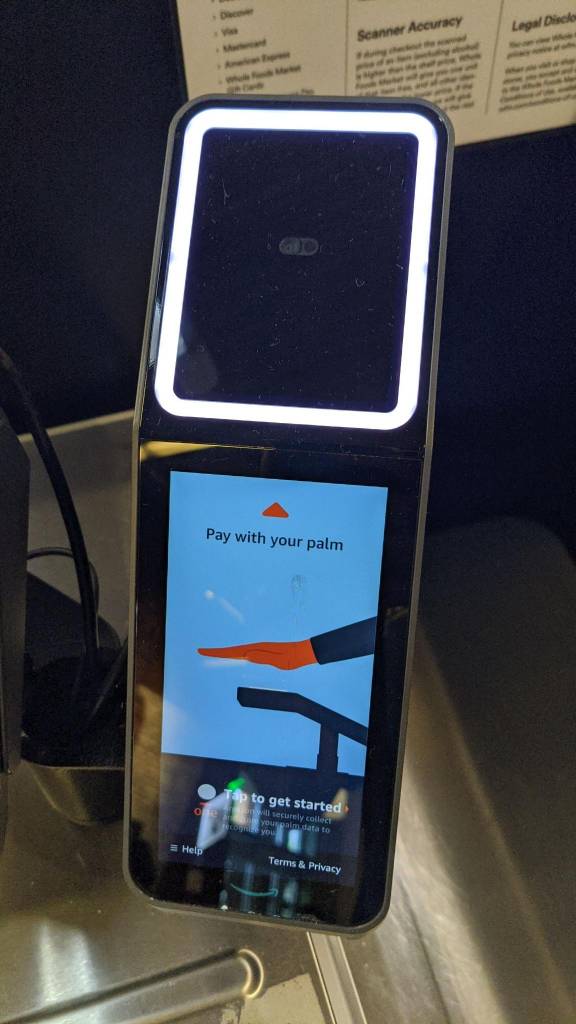this post was submitted on 04 Aug 2023
555 points (97.8% liked)
Privacy
31975 readers
240 users here now
A place to discuss privacy and freedom in the digital world.
Privacy has become a very important issue in modern society, with companies and governments constantly abusing their power, more and more people are waking up to the importance of digital privacy.
In this community everyone is welcome to post links and discuss topics related to privacy.
Some Rules
- Posting a link to a website containing tracking isn't great, if contents of the website are behind a paywall maybe copy them into the post
- Don't promote proprietary software
- Try to keep things on topic
- If you have a question, please try searching for previous discussions, maybe it has already been answered
- Reposts are fine, but should have at least a couple of weeks in between so that the post can reach a new audience
- Be nice :)
Related communities
Chat rooms
-
[Matrix/Element]Dead
much thanks to @gary_host_laptop for the logo design :)
founded 5 years ago
MODERATORS
you are viewing a single comment's thread
view the rest of the comments
view the rest of the comments

Paying with your phone works on the presumption that your phone is locked and you accept responsibility for ensuring your phone wasn't breached. It uses contactless technology, but it's still effectively chip and pin as far as your bank is concerned.
Meanwhile, paying with a contactless card is processed as "cardholder not present" where the seller assumes de facto liability and must prove otherwise. Contactless payments were never a new type of card processing, it was a new method but is categorised the same as when mail/phone ordering from a catalogue. The same with online purchases. They were always a step below card & signature or chip & pin. Paying with your phone is the same as chip & pin though, where the onus is on you to ensure the transaction is secure.
Paying with your hand has all sorts of issues making it impractical. You would definitely need an additional confirmation eg PIN, but claiming that your hand is as secure as a traditional card doesn't lend well to pinning the liability on you. So banks are unlikely to use it.